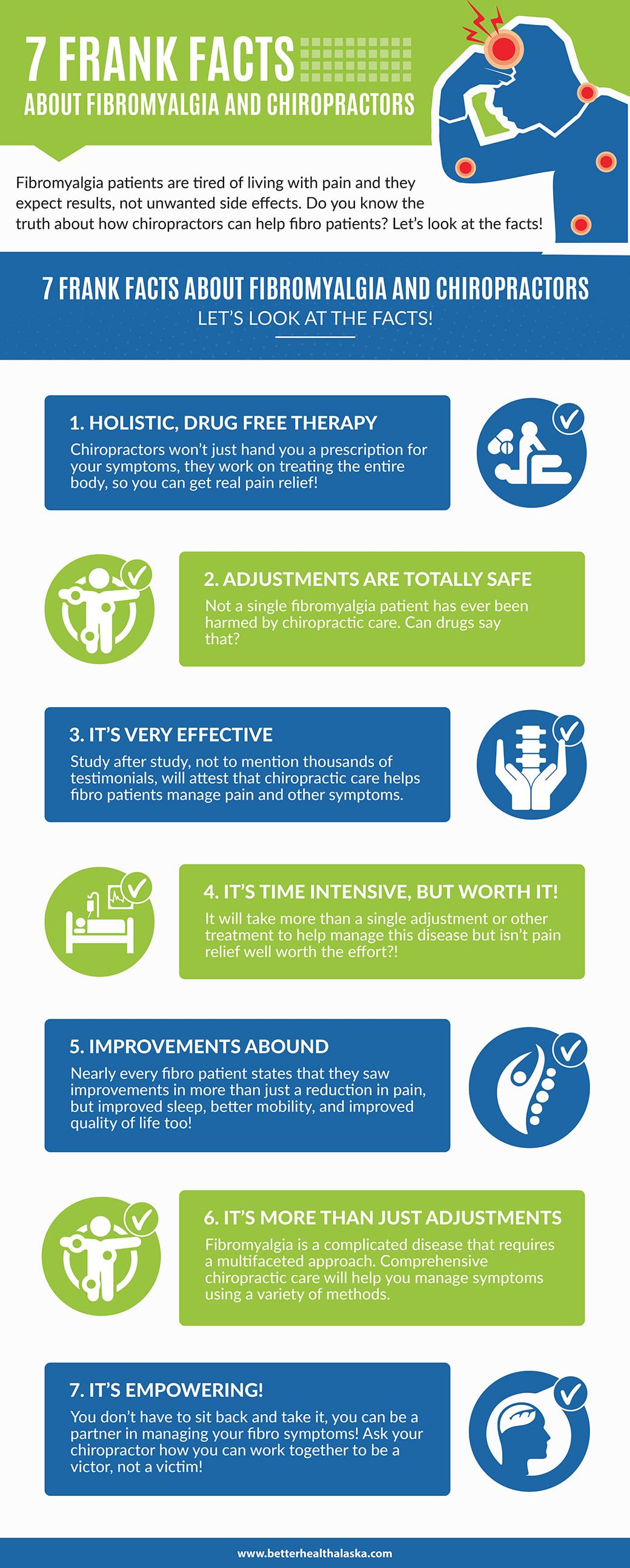The Relevance Of Nutrition In Handling Back Pain: Advised Foods And Those To Stay Clear Of
The Relevance Of Nutrition In Handling Back Pain: Advised Foods And Those To Stay Clear Of
Blog Article
Content Writer-Mcclure Hardin
When it involves managing your pain in the back, the food options you make can considerably affect just how you really feel each day. Picture being able to alleviate your discomfort just by changing what you eat. By comprehending the function of nourishment in pain in the back management and recognizing which foods to include or avoid, you can take positive actions towards a much healthier and a lot more comfy way of living. The link in between nourishment and back wellness is more extensive than you might realize-- let's discover just how specific foods can either calm or worsen your neck and back pain.
Significance of Nutrition in Back Pain
Nourishment plays a vital function in managing back pain. Your diet regimen can considerably impact inflammation levels and overall pain levels in your back. Taking in a balanced diet regimen rich in nutrients like vitamins D and K, calcium, magnesium, and omega-3 fats can help reduce swelling and enhance bones, which are essential for back health.
In addition, maintaining a healthy and balanced weight through proper nutrition can alleviate stress and anxiety on your spine, lowering the risk of neck and back pain.
In addition, specific nutrients like anti-oxidants located in fruits and vegetables can aid fight oxidative stress and advertise recovery in the body, including the back muscular tissues and back.
On the other hand, taking in extreme amounts of refined foods, sugary beverages, and unhealthy fats can contribute to inflammation and weight gain, intensifying back pain.
Foods to Consume for Back Wellness
To sustain a healthy and balanced back, including nutrient-rich foods into your day-to-day dishes is crucial. Including lower back pain lincoln square in antioxidants like berries, spinach, and kale can help in reducing swelling in your back, easing discomfort and discomfort. Omega-3 fats found in fatty fish such as salmon and mackerel have anti-inflammatory buildings that can benefit your back wellness.
Additionally, consuming nuts and seeds like almonds, walnuts, and chia seeds offers crucial nutrients like magnesium and vitamin E, which sustain muscular tissue function and reduce oxidative stress. Integrating lean proteins such as chicken, turkey, and tofu can aid in muscle repair service and upkeep, advertising a solid back.
Do not neglect to consist of dairy or strengthened plant-based options for calcium to sustain bone health and wellness. Last but not least, moisturize with lots of water to maintain your spinal discs hydrated and operating efficiently. By including these nutrient-dense foods in your diet regimen, you can nurture your back and assistance overall spinal health and wellness.
Foods to Avoid for Back Pain
Opt for staying clear of refined foods high in sugarcoated and trans fats when seeking relief from neck and back pain. sleeping problems acupuncture of foods can contribute to inflammation in the body, which may aggravate back pain. Say no to sweet snacks like candy, pastries, and sugary drinks, along with fast food items like burgers, french fries, and fried hen that are commonly packed with trans fats.
Furthermore, avoid foods including high degrees of polished carbs, such as white bread, pasta, and breads, as they can spike blood sugar degrees and possibly intensify swelling in the body.
It's additionally a good idea to restrict your consumption of foods high in saturated fats, like red meat and full-fat dairy products, as they can contribute to swelling. Processed foods like deli meats, chips, and packaged snacks are usually high in saturated fats and need to be eaten in moderation.
Final thought
In conclusion, paying attention to your diet plan and making smart food choices can have a considerable effect on handling pain in the back. By including nutrient-rich foods like berries, fatty fish, nuts, and lean healthy proteins, and staying clear of refined and sugary products, you can help reduce inflammation and support overall back health. Remember, what you consume plays an important function in exactly how you really feel, so make certain to prioritize your nutrition for a much healthier back.
